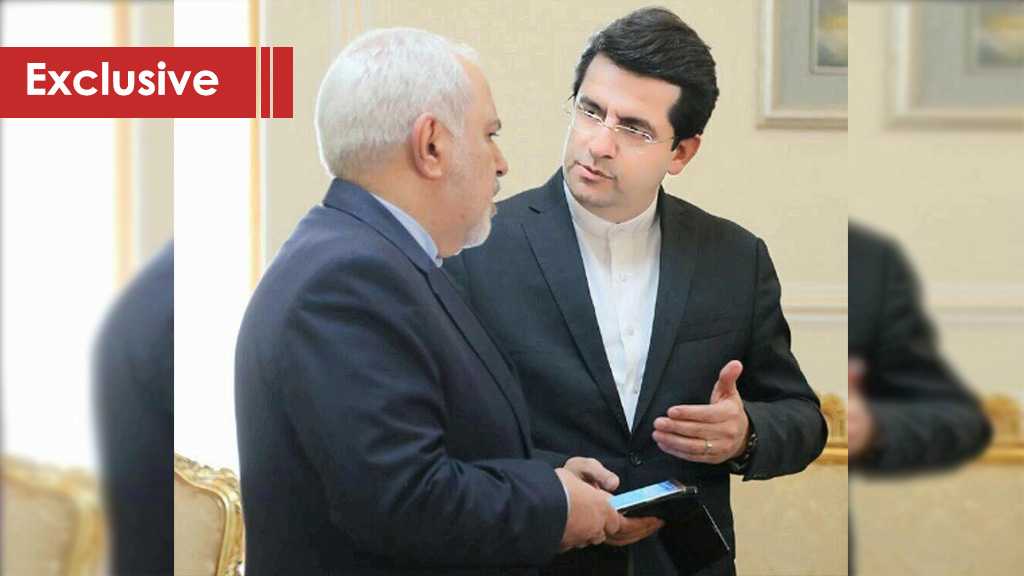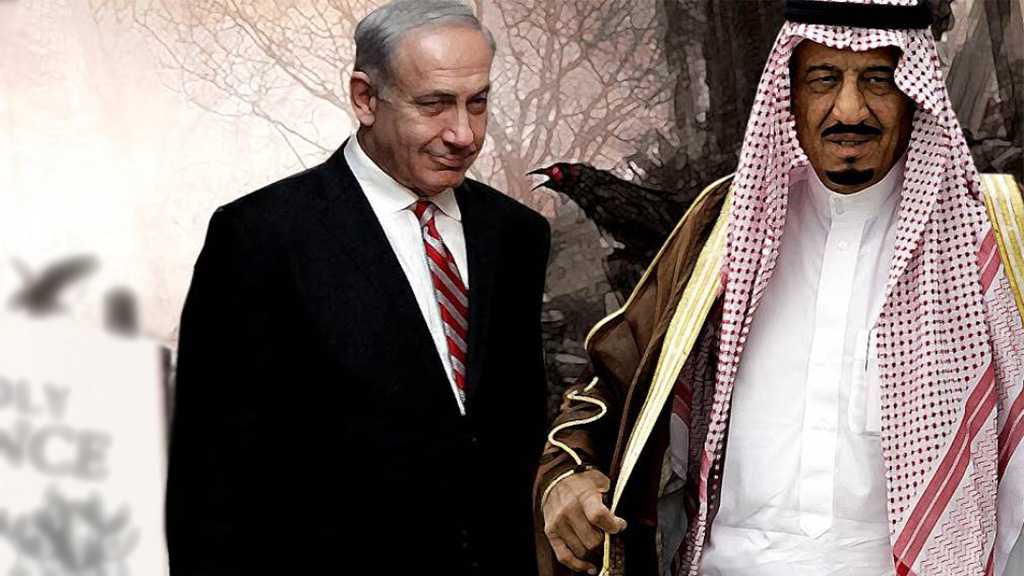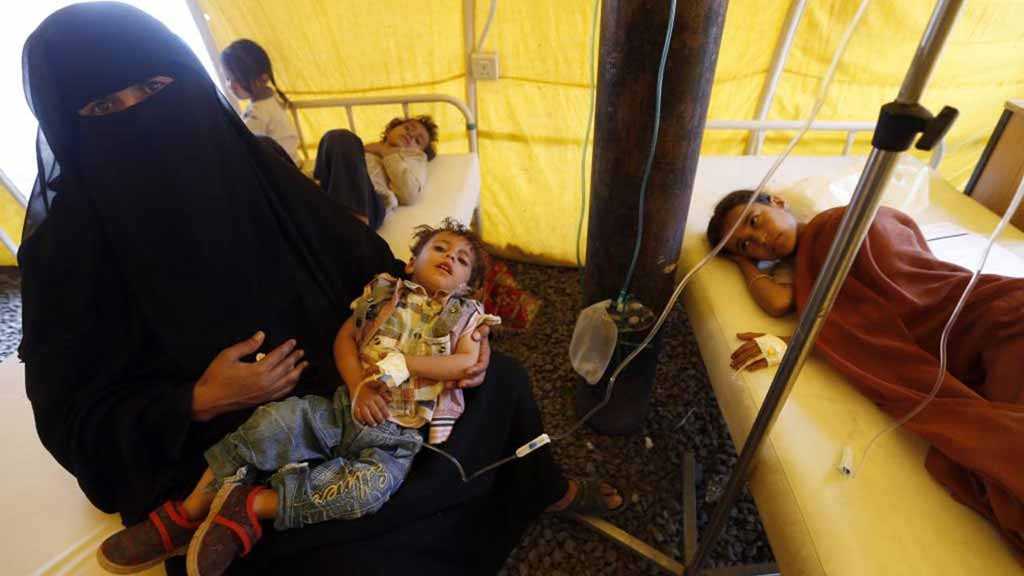
By Eve Mykytyn
The public debate around Assange has to do with government secrecy, the rights of the press and the ability of the United States to impose its laws upon a nonresident noncitizen. Why is it then that for some outlets the crucial issue is whether Assange is an anti Semite? Must every public figure undergo examination for possible anti Semitism or is this how an unrelated discourse is diverted?
The media has frequently accused Assange of anti Semitism with what seems like shaky evidence. See: The Guardian, Slate, Wired and The New York Times. The media does not credit Assange’s consistent denials, failing to treat them as even evidence of his own state of mind.
Not surprisingly, the faux left outlet The Forward gives breathless coverage to Assange’s ‘anti Semitism,’ lamenting that his anti Semitism persists “despite the fact that some of his most loyal employees and public defenders are themselves Jewish.” Actually, this fact gives weight to Assange’s claim that he is not an anti Semite.
As evidence, the Forward charges that Assange employed “the anti Semitic holocaust denier … Israel Shamir.” Shamir has denied such allegations, writing: “my family lost too many of its sons and daughters for me to deny the facts of Jewish tragedy, … I do deny the morbid cult of Holocaust.” Whatever Shamir is, does merely employing him transfer his beliefs to Assange? Is anti Semitism, like the measles, contagious?
The editor of the British Magazine Private Eye, Ian Hislop wrote about an alleged phone call he had with Assange based solely “as much as I could remember.” According to Hislop, Assange said there was an “international conspiracy to smear Wikileaks… an obvious attempt to deprive him and his organisation of Jewish support and donations.” Assange called Hislop’s story a lie, and noted that his organization has “some Jewish staff and enjoys wide spread Jewish support” and has itself been accused of working on behalf of the Mossad and George Soros.
Some of Assange’s other offenses? He called out the idiocy of those who identify as Jewish by using a triple parentheses. ((())): The WikiLeaks website’s online shop sold a t shirt with the words “first they came for Assange,” words that the Forward interprets as Assange comparing himself to a holocaust victim, apparently a comparison only permitted the children, grandchildren, nieces and nephews of a holocaust victim.
Haaretz, the ‘liberal’ Israeli outlet uses Assange’s alleged anti Semitism to join their Labour brethren in condemning Corbyn. Why? Here’s the Haaretz headline: “Why Jeremy Corbyn Loves Julian Assange So Much; The UK Labour leader’s kneejerk support for the Wikileaks founder is entirely predictable, as is Corbyn’s lack of response to the scent of anti-Semitism Assange exudes.”
Jeremy Corbyn called Assange a twenty-first century folk hero for exposing evidence of atrocities in Iraq and Afghanistan and has opposed his extradition. Yet Haaretz fantastically ‘discerns’ that the real reason Corbyn supports Assange is because Wikileaks published material stolen from the CIA that included 2500 files relating to cables sent by the U.S. Embassy in Israel.
Why do Israel’s supporters condemn Assange with seemingly irrelevant charges of anti Semitism? Anti Semitism is the default argument against perceived opponents of Israel.
I suspect that the true basis of their opposition is based on Corbyn’s actual words. Assange exposed the present neocon wars for the tragic mess they are. And the wars in Afghanistan and Iraq were pushed by Israel. As Israel seems to be leading us to the edge of a war with Iran, it hardly wants us reminded of the deadly costs of war.
By damning Assange for anti Semitism instead of grappling with the more important issues of waging neocon wars or even freedom of the press, some of Israel’s supporters can maintain their ‘leftist’ credentials while still helping to minimize Assange’s influence.
Source: https://www.evemykytyn.com/writing/2019/4/16/is-julian-assange-an-anti-semite-as-well-as-a-publisher
River to Sea
 Uprooted Palestinian
Uprooted Palestinian
The views expressed in this article are the sole responsibility of the author and do not necessarily reflect those of the Blog!










